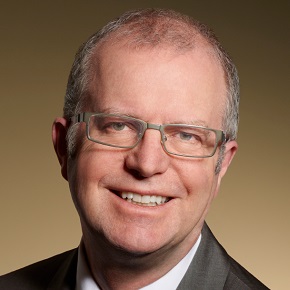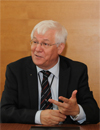 |
||
|
Russian Rear Admiral Kills Himself Over Painkiller Red Tape RIA Novosti, PUBLISHED 11.02.2014 A terminally ill retired Russian naval officer who reportedly shot himself after being denied painkillers died in the hospital Monday, doctors said. Vyacheslav Apanasenko, 66, shot himself in the head with a handgun in his Moscow home Thursday and spent five days in a coma before succumbing to the injury. Apanasenko headed the Navy’s Missile and Artillery Directorate until retiring in 2003. An expert on missile-based weapons systems, he participated in talks on the START and START II nuclear arms reduction treaties with the United States. Apanasenko is survived by his wife and daughter. Topics: Russia Other news: Hungary Lawmakers OK Russia Nuclear Plant Deal Russia will provide Hungary a loan of up to 10 billion euros ($13.5 billion) - around 80 percent of construction costs. Russia to Lend Hungary $13.7Bln for Nuclear Plant The deal was announced during a state visit to Moscow by Hungarian Prime Minister Viktor Orban and was hailed by Russian President Vladimir Putin. Russia to Triple Uranium Production in Next 2 Years – Rosatom In 2015 we will reach 8,400 tons. |
Hero of the day 
We are currently working with the Nuclear Decommissioning Authority (NDA) on this approach, which was submitted in response to their February 2012 call for alternative proposals. We appreciate that the UK is in the early stages of their policy development activities and are pleased to be involved in such important work. INTERVIEW
Yanko Yanev OPINION
Joint Plan of Action |

